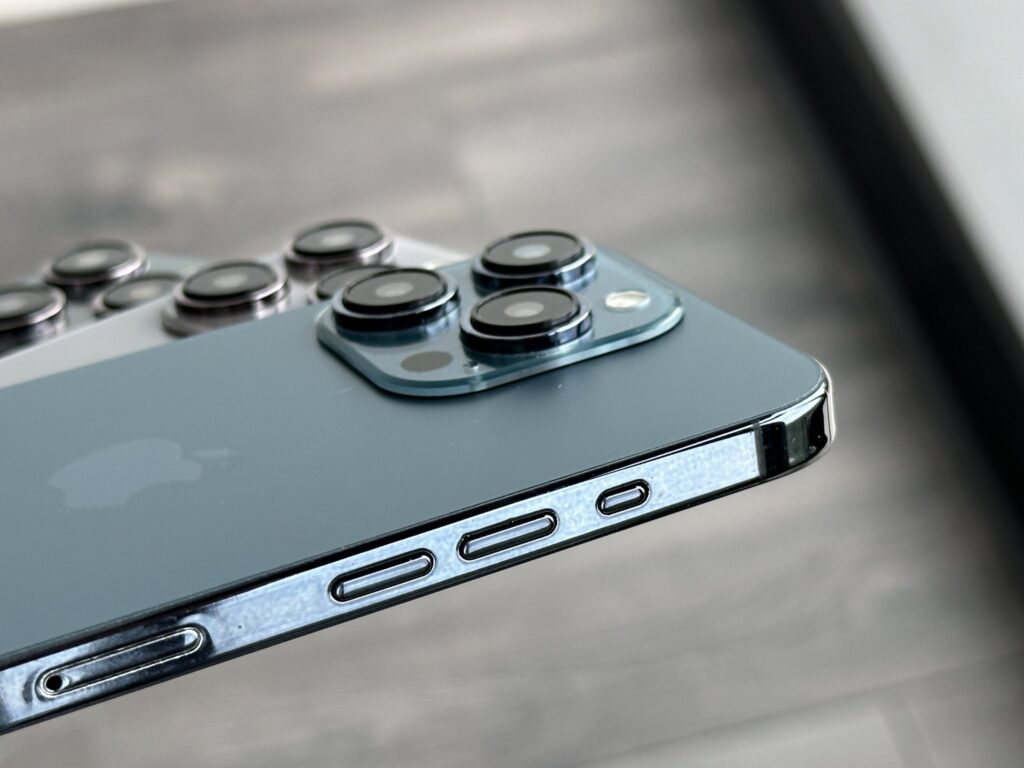- Zap, the cryptocurrency firm, announces launch into Nigeria’s market
- Telecommunications operators refuse to accept NCC’s latest requirements
- Flutterwave introduces Swap, a digital FX Solution
- Tanzanian Tembo acquires PSP from the Central Bank of Tanzania
- Apple’s shares take a 4% dive due to China’s ban on iPhones
Zap, the cryptocurrency firm, announces launch into Nigeria’s market
A cryptocurrency firm, Zap, has announced its entry into Nigeria’s fintech markets, announcing its product launch; Zap enables users to access the world of virtual finance seamlessly.
Features on the platform include the trading of crypto into fiat currencies; it boasts of being the fastest crypto payout with affordable rates.
The new crypto platform welcomes crypto-enthused Nigerians to a world of seamless and effortless exchange of cryptocurrencies into fiat currencies; even new users could easily access the forum.
Telecommunications operators refuse to accept NCC’s latest requirements
Telecommunications operators have refused the Nigerian Communications Commission’s (NCC) Corporate Governance requirement on the repatriation of funds.
The operators expressed their disapproval of the requirement during the public inquiry draft guidelines, which stated that licensees must acquire written approval from the telecom regulator before repatriation of funds.
Companies refusing to accept this requirement are IHS Nigeria, ATC Nigeria and Airtel Nigeria. These firms argued that the new law would deter investments as it contradicts Nigeria’s current law about repatriating funds by foreign firms working in Nigeria.
Flutterwave Introduces Swap, A Digital FX Solution
The continent’s leading payments technology firm, Flutterwave, has launched Swap, an FX solution, in collaboration with Kadavra BDC and Wema Bank.
Backed by the Central Bank of Nigeria (CBN) and powered by Flutterwave, Swap is designed to function as a secure and credible digital platform for Nigerians to have quick access to foreign currency at a competitive exchange rate.
At the product launch announcement, the founder and CEO of Flutterwave, Olugbenga Agboola ‘Gb’, mentioned that Flutterwave’s dedication to innovation was matched only by its commitment to simplifying financial procedures for limitless possibilities.
“Swap represents a crucial leap forward in how Nigeria will interact with foreign exchange,” he said.
Tanzanian Tembo acquires PSP from the Central Bank of Tanzania
Tembo, a Tanzanian fintech startup firm, has recently received its Payment Service Provider (PSP) licence from the Central Bank of Tanzania.
The fintech startup offers APIs and SDKs for industries to embed and launch cards, collections, payments, programmable bank accounts, and wallets across Africa.
On achieving its PSP licence, the co-founder and CEO of Tembo, Victor Joseph, spoke about how working closely with the regulator has made this feat achievable.
“Working closely with the regulator is a tremendous opportunity; we sincerely appreciate their support and guidance as we embark on this journey to advance financial inclusion in our nation,” he said.
Apple’s shares take a 4% dive due to China’s ban on iPhones
On Wednesday, September 6, the famous smartphone brand and creator of iPhones, Apple, saw a 4% dive in its shares and another 3% dip the next day after reports of the Chinese government banning its workers from using iPhones.
On Wednesday, It was reported that the Chinese government had ordered government officials at central government agencies to keep their iPhones at home and not use them at work or in offices.
According to a report by The Wall Street Journal, China had ordered the prohibition of all Apple products and other foreign smartphone devices from usage within the country’s government offices.
On Thursday, Bloomberg reported that the Chinese ban was extended to state-backed organisations, including the famous giant PetroChina.
PetroChina has mainly contributed to the Chinese economy and has hundreds of Chinese employees under its brand. The energy giant is expected to introduce the new law to its employees.
Sources say the recent ban on iPhones might be due to the release of the Huawei Mate Pro 60, which costs roughly $960. The Huawei smartphone is a Chinese-owned brand, and this move by the Chinese government will likely cost the Apple brand a lot more as the phones are being assembled in China.



